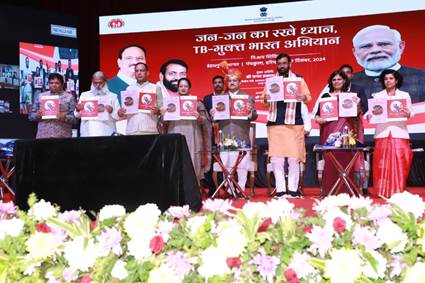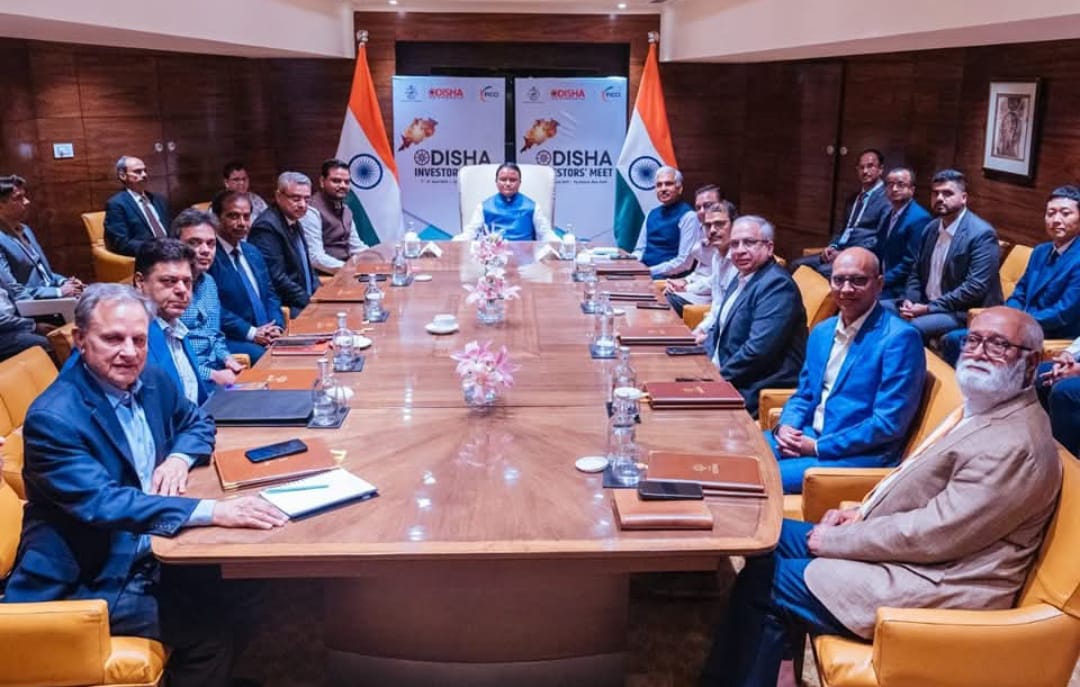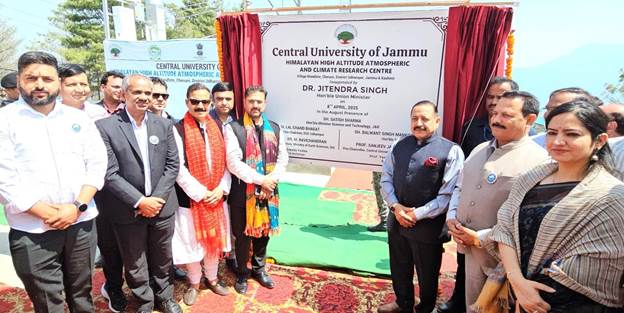Panchkula, Haryana: In a landmark effort to eradicate tuberculosis (TB) in India, Union Minister of Health and Family Welfare Jagat Prakash Nadda launched the intensified 100-day TB elimination campaign today. The event, held in Panchkula, Haryana, witnessed the presence of Haryana Chief Minister Nayab Singh Saini and Health Minister Arti Singh Rao, alongside virtual participation from Union Ministers of State for Health, Prataprao Jadhav, and Anupriya Patel.
The campaign aims to detect and treat missing TB cases across 347 high-risk districts, significantly reducing TB-related deaths. It forms part of the government’s broader vision of achieving a TB-free India (TB-Mukt Bharat) ahead of the global Sustainable Development Goal (SDG) deadline of 2030.
A Renewed Fight Against TB
Speaking at the event, Nadda emphasized the government’s commitment to eliminating TB, describing the campaign as a focused initiative to intensify detection and treatment efforts. Reflecting on the country’s decades-long battle against the disease, he highlighted Prime Minister Narendra Modi’s 2018 vision to accelerate TB elimination in India.
“In the past, TB was seen as a ‘slow death,’ and patients were often isolated. Today, thanks to innovations and expanded healthcare infrastructure, we are detecting and treating cases earlier, making significant progress,” Nadda said.
Progress in TB Elimination
The Union Health Minister outlined various advancements in India’s TB program:
- Diagnostic Expansion: The number of TB diagnostic laboratories has increased from 120 in 2014 to 8,293 in 2023.
- Improved Treatment: Introduction of daily drug regimens and a new, shorter regimen has increased treatment success rates to 87%.
- Financial Support: Over ₹3,338 crore in Ni-kshay support has been disbursed through direct benefit transfers to more than 1.17 crore TB patients. Recent enhancements include doubling the Ni-kshay Poshan amount from ₹500 to ₹1,000 per month for better nutritional support.
- Mandatory Notifications: Private practitioners are now required to notify TB cases, resulting in an eightfold increase in private-sector notifications.
The country has also witnessed a remarkable decline in TB cases and deaths, with a 17.7% annual reduction in TB prevalence, surpassing the global average.
Haryana Takes the Lead
Haryana Chief Minister Nayab Singh Saini expressed pride that the campaign began in his state, pledging Haryana’s active role in achieving TB-free status. He emphasized the importance of leveraging technology and community participation, urging stakeholders to upload cases to the Ni-kshay portal for effective tracking and follow-up.
“The government’s strategy of ‘4Ts’—test, track, treat, and technology—has proven transformative, especially in intensifying testing and ensuring free treatment for all detected cases,” Saini said.
New Guidelines and Innovations
During the event, Nadda unveiled national guidelines for implementing the advanced drug-resistant TB regimen, BPaLM, and launched mobile detection vans, “Ni-kshay Vahaan,” equipped with AI-enabled X-ray units and molecular tests. These vans aim to bring advanced diagnostics to remote areas.
Campaign materials, including multilingual Information, Education, and Communication (IEC) resources, were also introduced.
Stakeholder Collaboration
Union Health Secretary Punya Salila Srivastava reiterated the government’s assurance of an uninterrupted supply of medicines and consumables. She called for active participation from civil society to ensure the campaign’s success.
The campaign’s objectives include:
- Intensified case detection through advanced diagnostic technologies.
- Expanded nutritional support via Ni-kshay Poshan Yojana.
- Specialized care for high-risk patients under Differentiated TB Care.
With its comprehensive approach and strong community engagement, the 100-day campaign underscores India’s commitment to eradicating TB and achieving a healthier future for its citizens.





